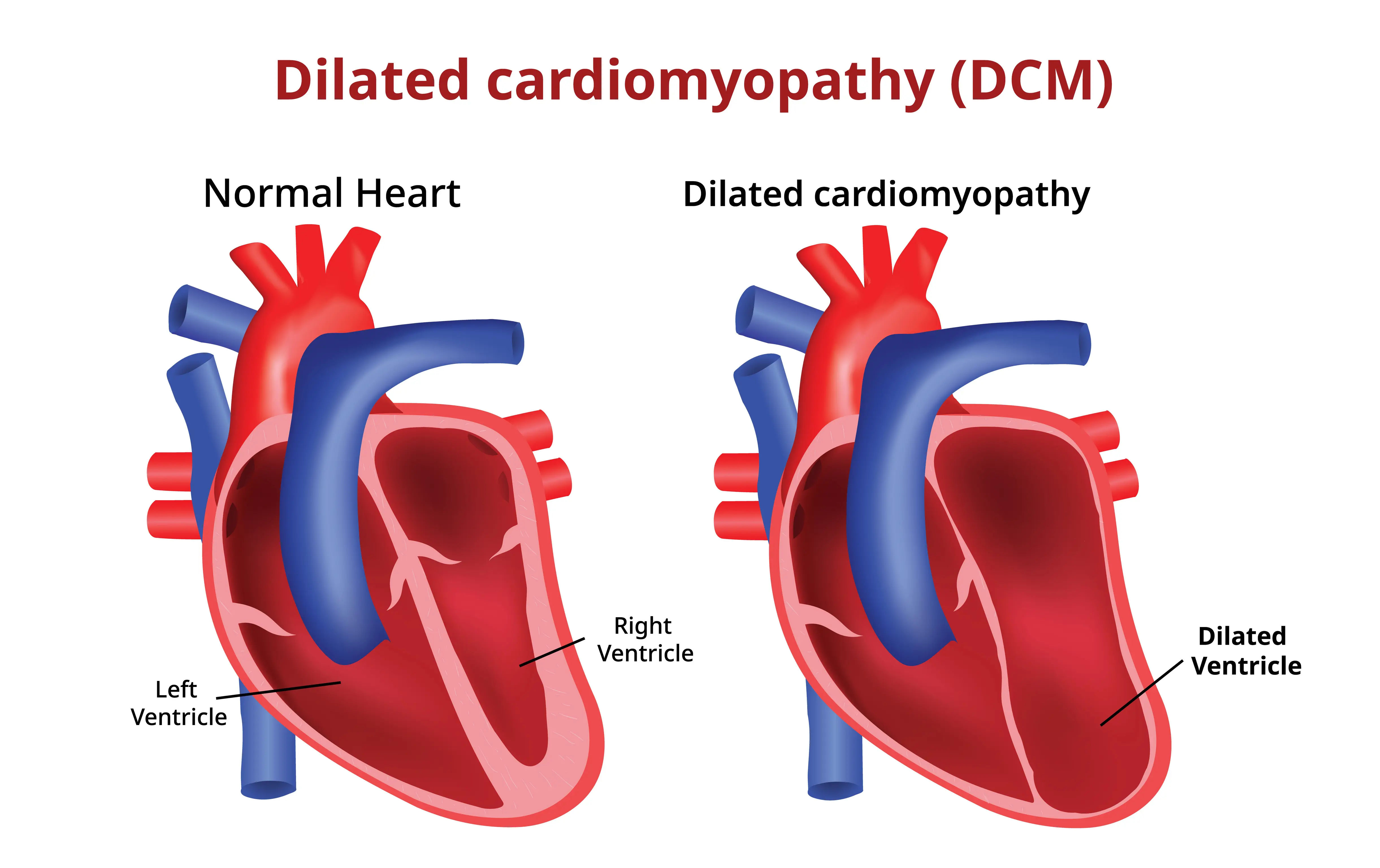- male
- 50 Years
- 22/01/2025
I've been dealing with blood pressure issues for about a year now. Initially, I was on S Numlo, but I had to stop because it caused swelling in my legs. Then, I switched to Eritel 40 mg for a few months, and now I've been taking Eritel 20 mg for the past couple of months. My main concern is that I've been gaining weight since my blood pressure diagnosis, and I'm worried it might be because of the Eritel tablets. Do you think the medication could be causing the weight gain?
Answered by 1 Apollo Doctors
Weight gain is a common side effect of certain blood pressure medications, including Eritel (Metoprolol); consider discussing alternative medications or adjusting your dosage with your doctor, and in the meantime, focus on a healthy lifestyle, including a balanced diet, regular exercise (aiming for 150 minutesweek), and stress management techniques to help manage weight and blood pressure.
Dr. Kareemulla Suggests...
Consult a Cardiologist
Answered 04/07/2025
0
0

More Cardiology Health Queries
View allI'm really worried because my diastolic blood pressure is consistently 90 or higher, even though my systolic is usually between 120 and 130. I've had a renal scan and tests for creatinine and urine protein, and everything came back normal. What could be causing this high diastolic pressure when everything else seems fine?
Given your high diastolic blood pressure (90+ mmHg) and normal systolic pressure (120-130 mmHg), along with normal renal scan, creatinine, and urine protein results, consider lifestyle modifications to manage blood pressure: increase physical activity, reduce sodium intake, follow the DASH diet, manage stress through relaxation techniques, get adequate sleep (7-8 hours), and maintain a healthy weight
Answered by 1 Apollo Doctors
I'm a bit concerned after my routine ECG showed a short PR interval noted by the doctor as 0.11 ms and an S wave extending to V6. Can you tell me what these findings might mean and what steps I should take next?
An echo is advised to the patient.
Answered by 1 Apollo Doctors
I'm trying to understand something from an ECG report I received. It says "ECG within normal limits, sinus rhythm, no ST T changes." What does all this actually mean? Is there anything here that I need to be concerned about or pay attention to? Could you please explain it to me?
ECG within Normal Limits means that the electrical activity of your heart is normal. Sinus rhythm indicates that the heart is beating at a normal rate and rhythm. No ST T changes suggest that there are no signs of heart muscle damage or inadequate blood supply to the heart. This is a good result and indicates that your heart is functioning well. It is important to continue with a healthy lifestyle, including regular exercise, a balanced diet, and avoiding smoking and excessive alcohol consumption to maintain a healthy heart. If you have any specific concerns or symptoms, it is always recommended to follow up with your healthcare provider for further evaluation.
Answered by 1 Apollo Doctors
Disclaimer: Answers on Apollo 247 are not intended to replace your doctor advice. Always seek help of a professional doctor in case of an medical emergency or ailment.



_0.webp)

